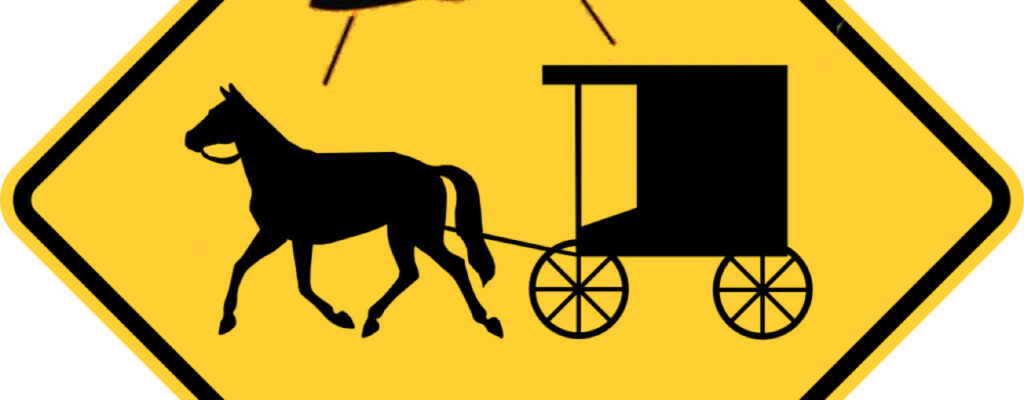It was my turn to pick up the weekly coffee tab. Forgetting to add a tip to my debit card payment, we scrambled for a buck to put in the tip jar.
“Sorry, man,” I said, “No cash, except for a two-dollar bill.” I would have gladly offered a two-dollar tip, but not with this particular bill.
“Oh, I have one of those,” my partner in crime admitted, turning to stuff a dollar bill in the jar.
“My dad gave me this countless years ago and told me to always carry it,” I explained.
“So, you’re superstitious,” he said.
“I don’t think so, I just carry the bill because my dad told me to,” I said.
“Any other superstitions?”
“Nope,” I answered. “But I have never even once stepped on a chalked baseline.”
“Well, of course not,” he said. “That’s not a superstition, it’s just something you don’t do.”
My coffee mate is a baseball devotee as am I, and he knows well the order of things that start in the locker room, move to the dugout and onto the field. Next to the Irish, baseball players are the most superstitious of all people. And they keep adding new entries to the litany of established, time-worn superstitions that address every topic—from shoelaces to the charcoal smears beneath their eyes.
My wife, Geri, is Irish and had baseball allowed women to join their ranks she could have made stepping on a baseline look like mere folly.
Geri has thrown, cumulatively, at least two, one-pound boxes of salt over her shoulder in the forty-five years I’ve known her. This is a superstition that has its roots in Roman times when the highly prized condiment was used as payment for one’s work. Salt is called sal in Latin. It just happens to be the root of the word salary.
I’m confident that she didn’t know the history of salt, just that if you spill some the devil is behind you and you’d damn well better throw some salt his way so he’ll leave you the hell alone.
Apparently, it is similar to dousing the supplicant at an exorcism with holy water. Added to that is the “schiss” sound I once replicated after inadvertently being sprinkled by the local priest. It was also the last time Geri made me go to Christmas Eve services at St. Mary’s.
Not to belabor the subject, but Mark Kurlansky’s book, Salt: A World History, is fascinating throughout its 484 pages. Really.
Stevie Wonder added his two cents to the subject of superstitions with his song, “Superstitions.” The chorus pretty much says it all: “When you believe in things / That you don’t understand / Then you suffer / Superstition ain’t the way.”
Superstition was a driving force among the pagans, heathens, infidels and others who seemingly knew how to have a good time. The religious types didn’t much care for this, so they started adding to their litany stories and bizarre rituals that would appeal to the great unwashed. Slowly, the superstitions established by the Church were adopted to the point of finally adding deep fears to those buying into the system.
One such superstition, still in fashion today as a leftover from medieval times, is walking under a ladder. The triangle, with its three sides, came to be regarded as sacred, and a ladder, of course, forms a triangle, so, naturally, to walk under that ladder would be to destroy the sanctity of the Trinity and thus incur punishment. Ladders also symbolized the gallows where evildoers were hanged.
Personally, I don’t walk under ladders because it’s just plain stupid to do so. Somebody occupying the top of the ladder might well drop a paint can or a roofing hammer. No thanks, I’ll go around.
And then there’s the whole black cat thing. Really? What are we supposed to do to avoid meeting the devil or be met with some other misfortune? Turn around and proceed on a different course? Black cats are associated with witchcraft, which brings to mind other such folly. Better to have saved the witches of Salem and burned their oppressors.
Certain numbers strike fear into the very soul of many a person. Thirteen has such quarter. Few high rises have a 13th floor. Well, they do of course, there’s just no button on the elevator for it. Friday the 13th is a day of dread, as is Friday the 17th in Italy. I’ve never been in an Italian high rise, so I can’t say for sure if the buttons skip the number.
Many commonly fear 666, the “devil’s number” or “number of the beast.” I think there’s a connection to Ronald Reagan here, but it’s getting late.
In China, the number four is feared because its pronunciation sounds like the Chinese word for “death.”
Knocking on wood is one of the most prevalent superstitions people talk about. Even atheists and other skeptics have the tendency to think that coincidences are meaningful, or that certain events were meant to happen. What knocking on wood has to do with that is anybody’s guess. And now it’s even later.
In 1933, Syria banned Yo-Yos over fears that they would cause a drought. It’s difficult to even imagine the correlation there, but I do find it amusing.
My favorite example of superstition involves Shannon Airport in County Clare, in the Republic of Ireland. Although the story is difficult to verify, there are enough coincidences to make it plausible. (Knock on wood.) Or, in the words of many a writer, never let facts get in the way of a good story.
Construction of the airport began in 1936. The boggy soil needed grading and topping with soil that would lend stability to the runways. The graders started leveling the surfaces and stopped when they first came upon a small thicket of mulberry bushes. They refused to grade over them because it was where the “Little People” lived.
According to legend, the engineers rerouted that first runway, and soon the grading began again, only to stop when another thicket was met.
How many times this happened is unclear—if it happened at all. But it’s such a lovely story that captures both the deep-seated Catholicism and the superstitious spirit of the Irish.
Ostensibly, some heavy equipment operators who didn’t give a damn about the wee folks came to work and the airfield was finally completed almost three years later. Geri grew up knowing that Shannon was cursed.
A few years back, the airport use on the Emerald Island was reconfigured and Shannon fell in stature to a landing field that was no longer the largest.
“See?” Geri noted. “It’s the Little People. I knew this would happen.”
Photo composition by Courtney A, Liska
Colcannon
This dish is typically made with leftover potatoes from last night’s dinner. But why wait? Make the dish from scratch. Improvise the seasonings. Feel free to add some garlic.
3 medium russet potatoes (about 2 lb.), scrubbed clean
2 Tbs. plus 1 tsp. salt, plus additional to taste
6 Tbsp. butter, plus additional for serving
4 cups. chopped green cabbage, shredded
1/4 tsp. ground black pepper
1 bunch green onions, chopped and divided
1 c. half-and-half
Peel the potatoes and cut them into 2-inch pieces. Add them to a Dutch oven and cover with 1 inch of water. Bring to a boil over medium-high heat and add 2 Tbs. of salt. Boil, stirring occasionally, until the potatoes are very tender, about 15 minutes. Drain the potatoes in a colander and set aside.
In the same Dutch oven, melt the butter over medium heat. Add the cabbage, the remaining 1 tsp. of salt, and the pepper. Cook, stirring often, until the cabbage mixture; is softened, about 5 minutes.
Reserve 1/4 cup of the green onions for garnish and add the remaining green onion and 3 cloves of minced garlic (optional) into the cabbage mixture. Cook, stirring often, until the garlic is lightly browned, about 2 minutes.
Reduce the heat to medium-low. Add the half-and-half and cook 2 to 3 minutes until warm. Add the potatoes, then mash and stir until the mixture is well combined. Season with salt and pepper.
Transfer the Colcannon to a serving dish and top with more melted butter. Sprinkle with the reserved 1/4 cup green onions.









